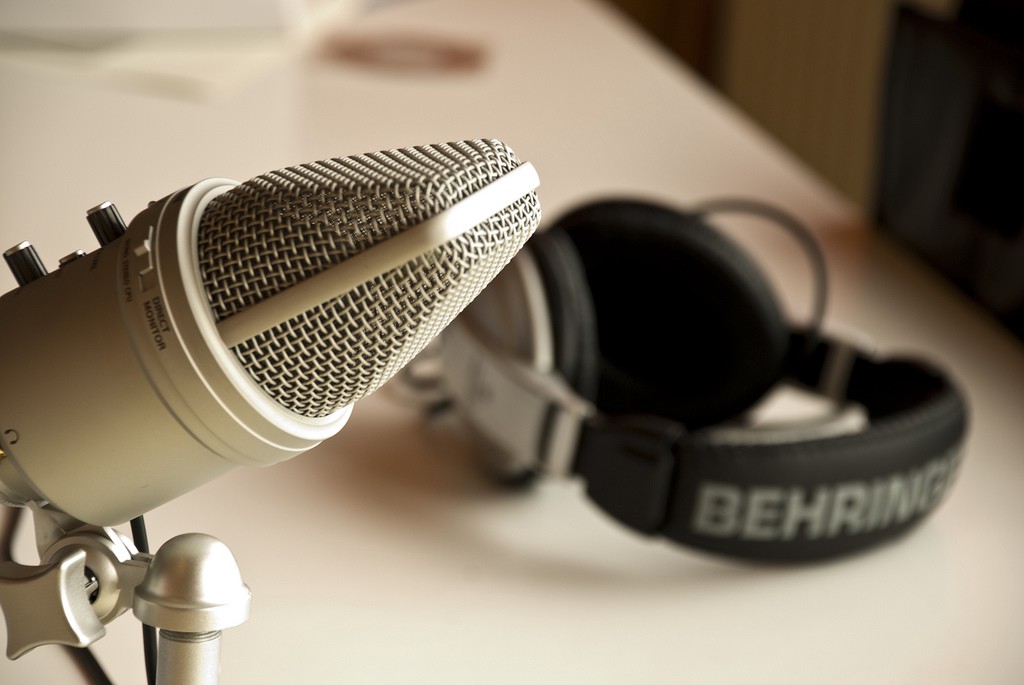The Financial Failure of Hobby Podcasting
A passion project that technically, makes me negative money

Two years ago I was at a professional crossroads, with the dexterity of an English BA and the look of a deer in headlights. I had spent the prior two years on a degree I wouldn’t finish. At the same time, I had been quietly keeping a list called “Things I Would Do If I Weren’t Doing This.” It was tucked between lecture notes. It came in handy when, as it turned out, I wasn’t doing that “this” any longer.
The timing was fortuitous: I wanted to host a radio show, and a fledgling local station was looking for volunteer hosts. I took an early shift and got familiar with microphones and call-ins. The show centered on guests’ work. I got to interview interesting people (conflict resolution specialist! activist actress! Chief of Staff for a Mayor!), and every week I learned something new about professional pathways. I started to re-map my own.
Pay was fair game in these interviews, and it became clear how people in the social sector make sacrifices to do the work they love. This ran the gamut from food stamps in AmeriCorps to unpaid overtime. More times than I can recall, a guest would mention things they chose not to do or have in order to live off of what they made, and the self-discipline was striking. My own income du jour was a freelance copy-editing gig for a nonprofit. I brought in about $350 a week before taxes, and had about $100 a week to live on after necessities and quarterly taxes were paid. I eliminated or reworked nearly every expense I could think of in order to rebuild my finances, taking inspiration from my guests.
This meant that it was a windfall when I was offered full-time work at a different nonprofit, with salary and partial benefits. I accepted the offer and parted ways with the the radio station. I set up automatic savings (starting point: $0) and credit card payments from when I was unemployed (starting point: -$4,000). This left about $100 a week to live on after 20% was saved and necessities were paid. I also had 21 recordings of morning radio in a folder called “Maybe Podcast.”
After the mental and social labor of eliminating expenses, the show would start to cost me not just time, but money. Audio hosting sites charge about $15 per month for the space a basic podcast requires. Hosting a personal website — value debatable — is another $10 or so. I like my material! I want the music cues to be smooth, and the content to be interesting and lively. But that means each episode takes about three hours of screen time without procrastination.
Two years later I still have the show. (You can hear it on SoundCloud, iTunes, or Stitcher!) I pay $25 a month for the privilege, but I am so wary of computer screen overload that I make episodes on a feel-like-it basis. This means that underwriters and sponsors are a no-go. In exchange, I am not beholden to promoting dubious services or spending a beautiful evening staring at my laptop. (It has crossed my mind to ditch the beautiful evenings and rake in the imaginary money, but the podcast market is a glut.) I have a small but loyal listenership, but I am not crazy about asking them for money. They don’t offer it. I don’t take offense, but I also don’t take in pay.
Do I need the support? I now have about $125 a week after 25% is saved, necessities are paid, and the dog is fed. My credit card is paid off. Not all hobbies need to be lucrative. But if the cost of doing work I believe in includes cutting unnecessary expenses, I’m not sure a hobby podcast is worth the web space.
Support The Billfold
The Billfold continues to exist thanks to support from our readers. Help us continue to do our work by making a monthly pledge on Patreon or a one-time-only contribution through PayPal.
Comments